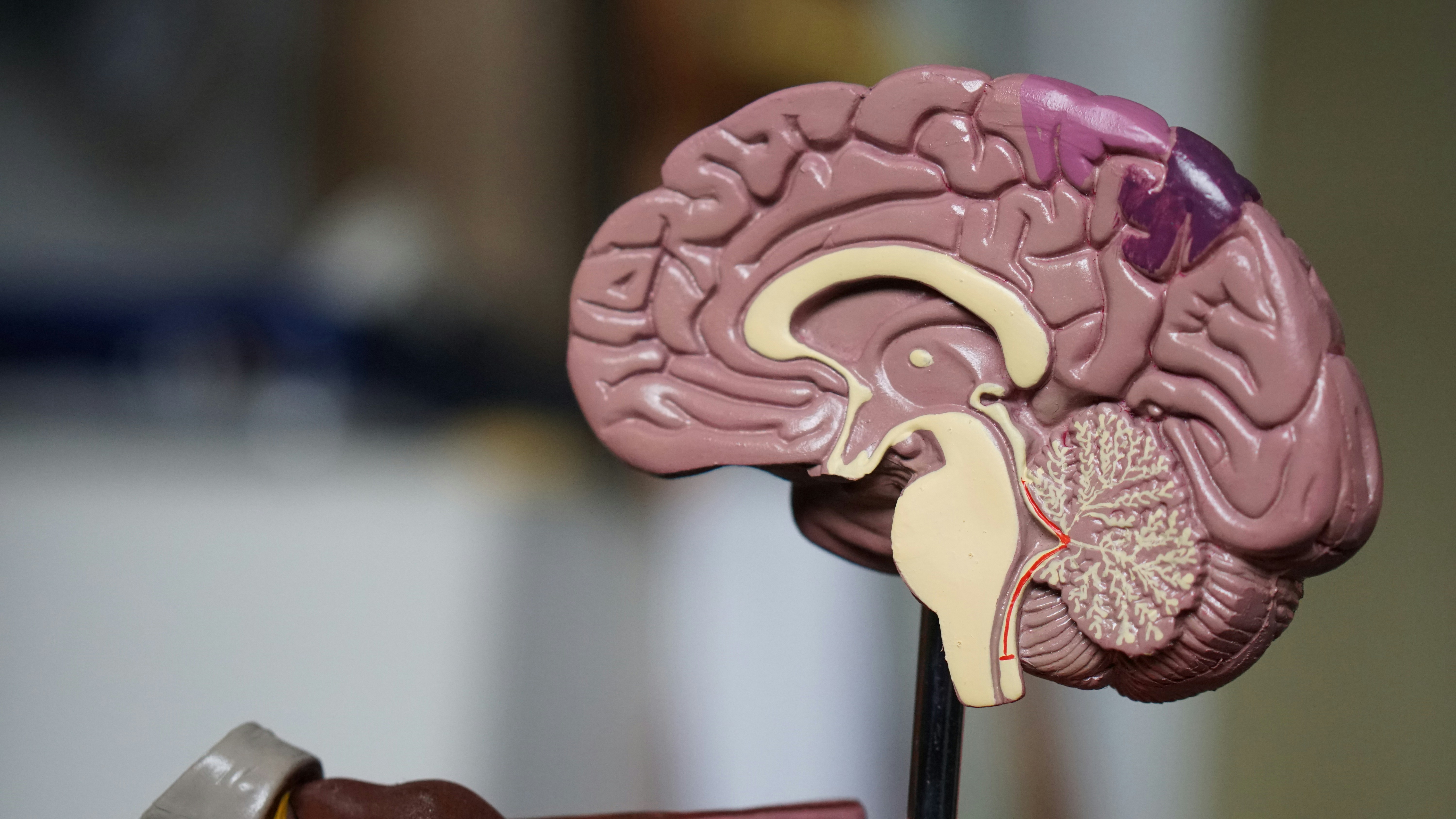Talk Therapy

Talk therapy, also known as psychotherapy, is a healing conversation that promotes personal growth and well-being.
This form of therapy involves discussing your thoughts, feelings, and behaviors with a trained professional in a safe and supportive environment.
Talk therapy can help you gain insights into yourself, develop coping skills, improve relationships, and overcome emotional distress.
Many clients start with talk therapy and later incorporate more structured approaches like Cognitive Behavioral Therapy (CBT) or Dialectical Behavior Therapy (DBT) as they become more comfortable with the therapeutic process.
The Impact of Talk Therapy
Talk therapy allows people to discuss feelings that are triggered by these stressors and develop strategies to help decrease their severity.
Whether you feel anxious, stressed, or depressed, talk therapy can make a significant difference in how you feel and possibly change your outlook on life.
But wait, it gets better…
You’re Not Alone
You don't have to face your struggles alone.
Therapy can help you process what you're experiencing and overcome barriers that are holding you back from feeling better.
We are compassionate, knowledgeable, and equipped to assist you in finding new solutions for old problems.
And there’s more…
Improving Quality of Life
To improve your overall quality of life, we offer a wide range of services to help you better cope with stress, depression, anxiety, and more.
We are here to provide solutions that meet your personal health needs.
Ready for the best part?
What is Talk Therapy?
Talk therapy is what health professionals use to communicate with their clients.
Talk therapy is a form of psychotherapy that allows you to talk about your thoughts, feelings, and behaviors with a trained therapist.
Therapy can help you learn more about yourself and provide an outlet for sharing your life experiences.
Evidence-Based Talk Therapy Approaches

There are several evidence-based talk therapy approaches that have proven to be effective for various mental health concerns. Here are some of the approaches we offer:
1. Cognitive-Behavioral Therapy (CBT)
CBT focuses on identifying and changing negative thought patterns and behaviors that contribute to emotional distress. This approach is highly effective for:
- Anxiety disorders
- Depression
- Obsessive-compulsive disorder (OCD)
- Post-traumatic stress disorder (PTSD)
- Insomnia
2. Person-Centered Therapy
This non-directive approach emphasizes genuine empathy, unconditional positive regard, and authenticity. Person-centered therapy creates a supportive environment where you can explore your thoughts and feelings without judgment, helping you to discover your own solutions.
3. Psychodynamic Therapy
Psychodynamic therapy focuses on unconscious processes and how they influence your current behavior. By exploring past experiences and relationships, this approach helps you gain insight into recurring patterns and develop healthier ways of coping.
4. Interpersonal Therapy (IPT)
IPT focuses on improving interpersonal relationships and social functioning to help alleviate symptoms. This time-limited approach is particularly effective for depression related to grief, relationship conflicts, major life transitions, or social isolation.
5. Dialectical Behavior Therapy (DBT)
DBT combines cognitive-behavioral techniques with mindfulness practices. This approach teaches specific skills for emotional regulation, distress tolerance, interpersonal effectiveness, and mindfulness, making it especially helpful for those experiencing intense emotions.
The Science Behind Talk Therapy
Research consistently shows that talk therapy is effective for treating a wide range of mental health conditions. Here's how it works:
Neuroplasticity
Talk therapy actually changes your brain. Through a process called neuroplasticity, therapy helps create new neural pathways, allowing your brain to develop healthier response patterns to stress and emotional triggers.
Stress Hormone Reduction
Studies show that effective talk therapy can reduce levels of stress hormones like cortisol, which when chronically elevated can contribute to numerous health problems including anxiety, depression, and inflammation.
Emotional Processing
Talk therapy provides a structured way to process difficult emotions that might otherwise remain unaddressed. This emotional processing is crucial for healing from trauma, grief, and other challenging life experiences.
What to Expect in Talk Therapy Sessions

If you're new to therapy, you might wonder what actually happens during a session. Here's what you can expect:
Initial Assessment
Your first session typically involves an assessment of your current concerns, relevant history, and goals for therapy. This helps us develop a tailored treatment plan to address your specific needs.
Ongoing Sessions
Regular sessions usually last 45-50 minutes and occur weekly, though frequency can vary based on your needs. During these sessions, you'll have the opportunity to discuss your thoughts, feelings, and experiences in a safe, confidential environment.
Collaborative Approach
Therapy is a collaborative process. We work together to identify patterns, develop coping strategies, and track progress toward your goals. You're an active participant in your healing journey.
Homework and Practice
Depending on the therapeutic approach, you might receive "homework" assignments to practice new skills or insights between sessions. This enhances the effectiveness of therapy by integrating what you've learned into your daily life.
Different Types of Talk Therapy
There are various approaches to talk therapy, each with its own focus and techniques. Some common types include:
- Psychodynamic therapy: Focuses on unconscious processes and how past experiences influence current behavior.
- Cognitive-behavioral therapy (CBT): Identifies and changes negative thought patterns and behaviors. Learn more about our CBT approach.
- Dialectical behavior therapy (DBT): Combines cognitive-behavioral techniques with mindfulness practices. Explore our DBT services for more information.
- Interpersonal therapy: Focuses on improving interpersonal relationships and social functioning.
- Humanistic therapy: Emphasizes personal growth, self-acceptance, and the present moment.
- Mindfulness-based therapy: Incorporates mindfulness practices to help you stay present and develop acceptance. Visit our Mindfulness therapy page to learn more.
The Benefits of Talk Therapy
Talk therapy offers numerous benefits, including:
- Improved mental health and emotional well-being
- Better understanding of yourself and your relationships
- Enhanced coping skills for managing stress and difficult emotions
- Resolution of specific problems or concerns
- Increased self-awareness and personal growth
- Improved communication and relationship skills
For couples seeking to improve their relationship dynamics through talk therapy, our Gottman Method Couples Therapy provides evidence-based strategies for enhancing communication and connection.
Who Can Benefit from Talk Therapy?
Talk therapy can be beneficial for anyone who wants to improve their mental health, personal growth, or overall well-being. It can be particularly helpful for individuals experiencing:
- Depression or persistent sadness
- Anxiety or excessive worry
- Relationship difficulties
- Grief and loss
- Trauma or post-traumatic stress
- Life transitions or major changes
- Stress management issues
- Self-esteem concerns
- Personal growth and self-exploration
We also offer specialized support for military personnel and veterans who may benefit from talk therapy to address the unique challenges they face.
Common Myths About Talk Therapy
Let's address some common misconceptions about talk therapy:
Myth: Therapy is only for people with severe mental illness
Reality: Therapy can benefit anyone seeking personal growth, improved coping skills, or help navigating life's challenges. Just as we seek medical care for physical wellness, therapy supports mental and emotional wellbeing.
Myth: Talking about problems makes them worse
Reality: Addressing concerns in a structured, supportive environment helps process emotions and develop effective coping strategies. Avoiding problems often leads to increased distress over time.
Myth: Therapy takes years to be effective
Reality: Many evidence-based therapeutic approaches show significant improvements within 12-16 sessions. The length of therapy depends on your specific goals and needs.
Myth: A therapist just listens and doesn't offer solutions
Reality: While therapists do listen attentively, they also provide guidance, teach skills, offer perspectives, and help you develop your own solutions based on therapeutic principles and your unique circumstances.
We’re Here for You!

We are a licensed mental health professional providing talk therapy to adults, couples, and families to help those experiencing stress, anxiety, depression, or life transitions.
We offer a safe and supportive environment where you can talk through any issues that may be impacting your well-being.
Our evidence-based approach to talk therapy is tailored to your individual needs, ensuring that you receive the most effective treatment for your specific situation.
Ready to Take the First Step?
Start your journey toward healing, growth, and improved mental well-being today. Talk therapy provides a safe space to explore your thoughts and feelings with professional guidance.
Convenient telehealth sessions • Cascade Health Alliance (CHA), Oregon Health Plan (OHP), Atrio, AllCare, Moda, Providence, Regence, Cigna, TriWest, and Evernorth accepted • Compassionate, confidential care
So, are you ready to take the next step toward better mental health? Contact us today to schedule your initial consultation and begin your journey toward healing and growth.